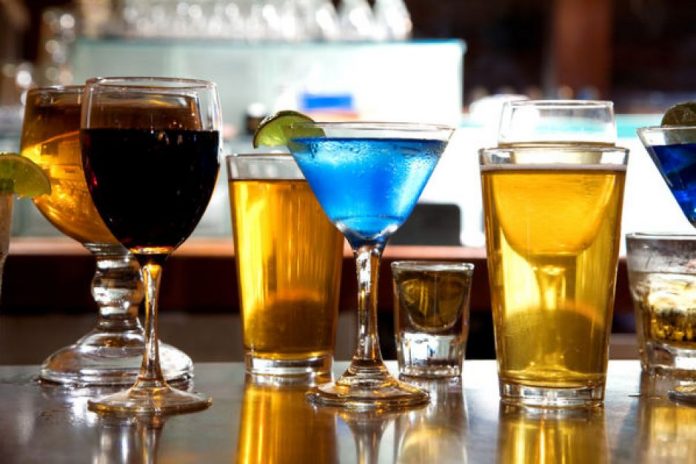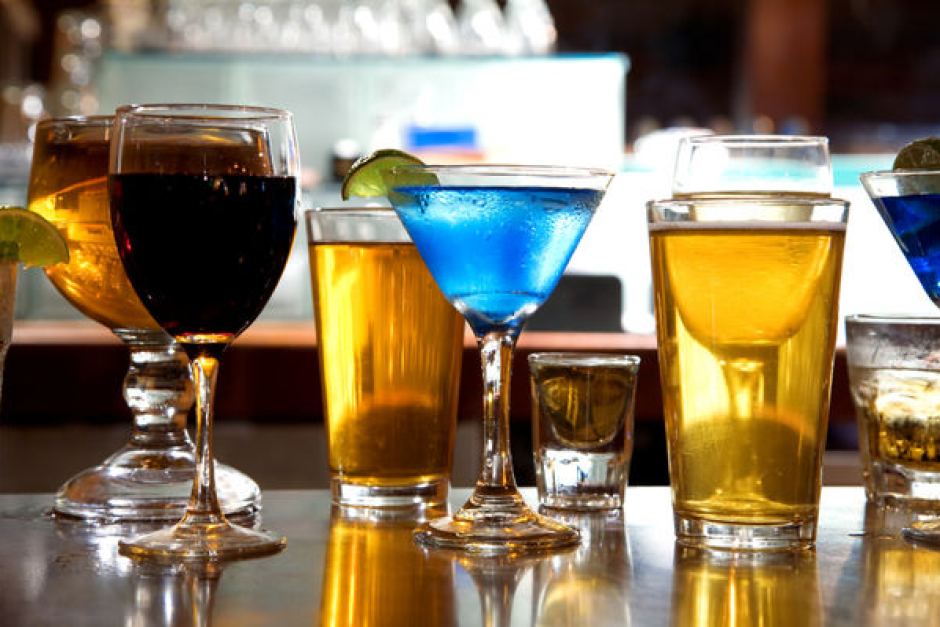AUSTRALIAN-born parents are more likely than migrants to supply their teens with booze, according to new Geelong research.
Deakin University’s De Bosco Rowland and his team also found that when both parents were born in Australia every bottle shop in their area doubled the likelihood they would supply alcohol to their teenagers.
But families with two migrant parents were less likely to supply booze to their teens unless they lived in areas with many restaurants and licensed cafes.
The study found that 55 per cent of the 10,000 teenagers involved in the research consumed alcohol in the previous 12 months.
Thirty-four per cent of them said their parents supplied the alcohol.
“Under-age drinking continues to be a problem in Australia, with many parents still finding it difficult to set firm rules around not providing or condoning alcohol consumption before their children turn 18,” said Dr Rowland, an Alfred Deakin Postdoctoral Research Fellow with Deakin’s School of Psychology, based at Waurn Ponds.
“The study findings raise the question of why licensed restaurants and cafes in Victoria allow parents to supply alcohol to underage children. This is not the case in New South Wales.”
Dr Rowland said the different findings for Australian-born and migrant families aligned with the different cultural conventions toward youth alcohol use.
“Australian-born parents tend to be more aware that youth alcohol use is common, so living near lots of bottleshops may make them more pessimistic that they can prevent their adolescent obtaining alcohol. This may lead them to supply alcohol at home in the hope this will encourage moderate youth alcohol use.
“The migrant families tend to be more successful at discouraging adolescent alcohol use. However, when they live near licensed restaurants and cafes they are likely to witness other children being served alcohol by their parents and this role-modelling may lead them to adopt similar practices.”
National Health and Medical Research Council guidelines recommend against children drinking before 18.
“These guidelines need to be promoted, as many parents believe that providing alcohol to their child to take to parties or drink at a meal is more responsible than restricting them from consuming alcohol – this is not the case,” Dr Rowland said.
“The evidence these guidelines are based upon show that the earlier a young person starts drinking alcohol the more likely they are to experience injuries and harms, poor academic outcomes and possibly impaired brain development.
“In the long-term there are also links with a variety of cancers and diseases and a greater chance the child will drink at harmful levels in adulthood. These are good reasons for children to avoid alcohol before the age of 18.”
Aussie parents giving teens grog: Deakin

Digital Edition
Subscribe
Get an all ACCESS PASS to the News and your Digital Edition with an online subscription
Grubbers land recruiting coup
Ocean Grove has pulled off a stunning recruiting coup with Gary Rohan set to wear the red and white this Bellarine Football League season.
Rohan,...










